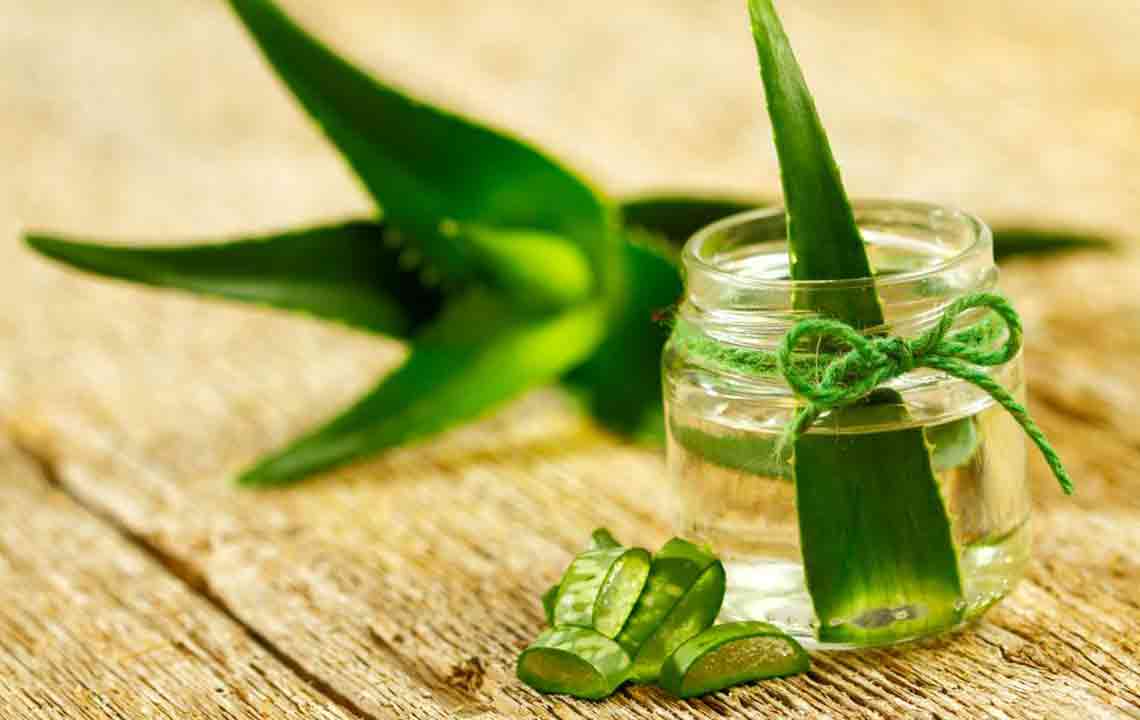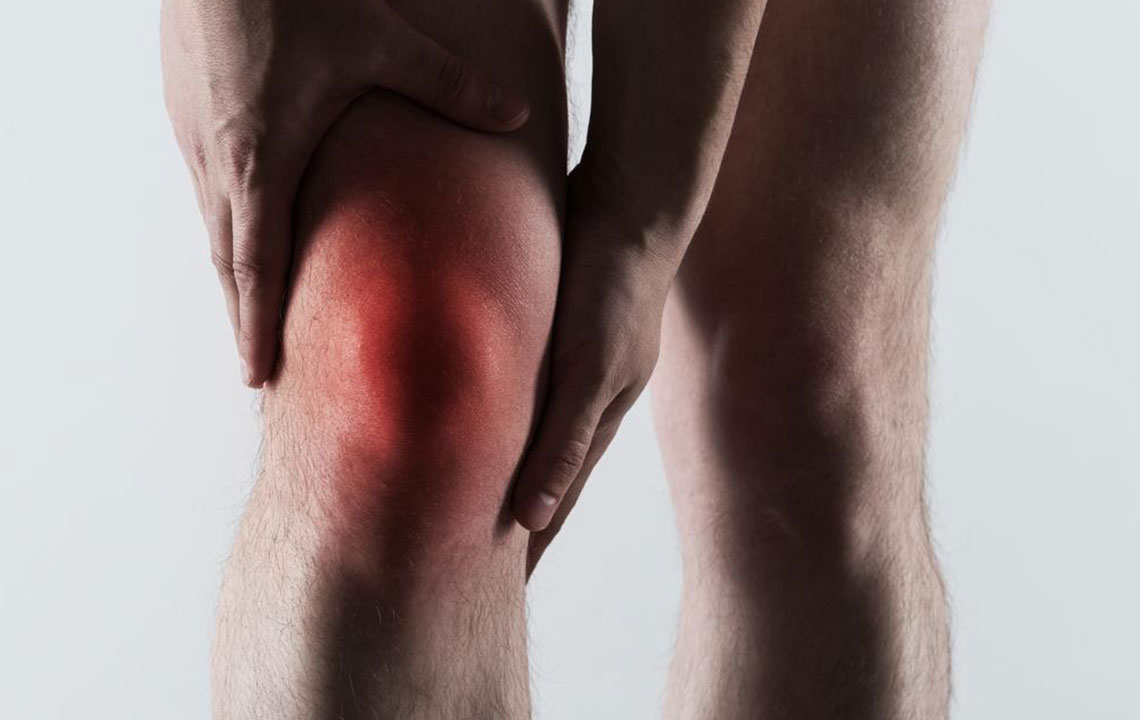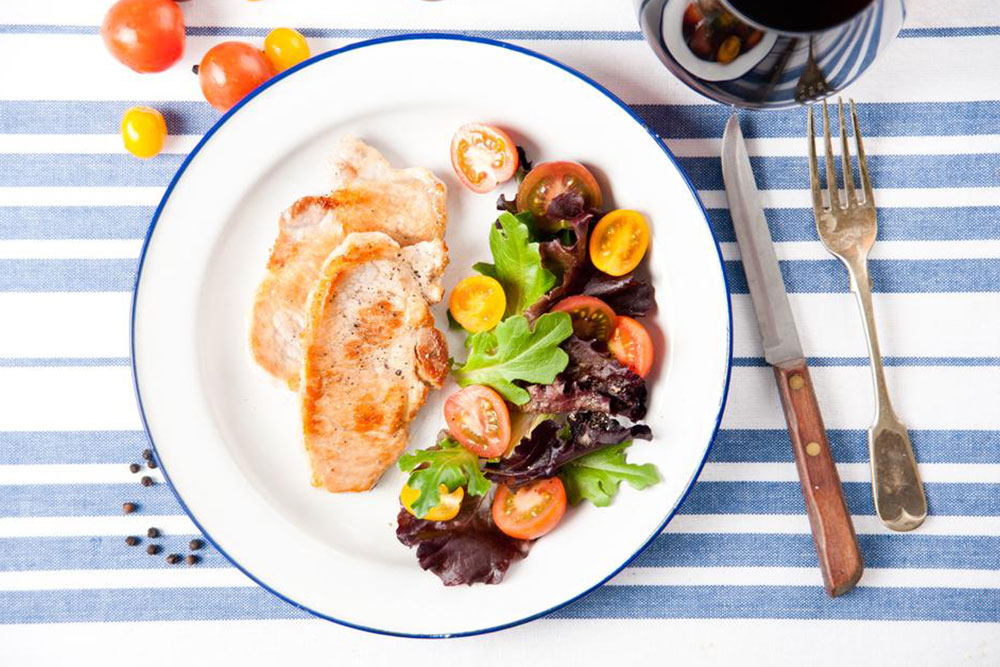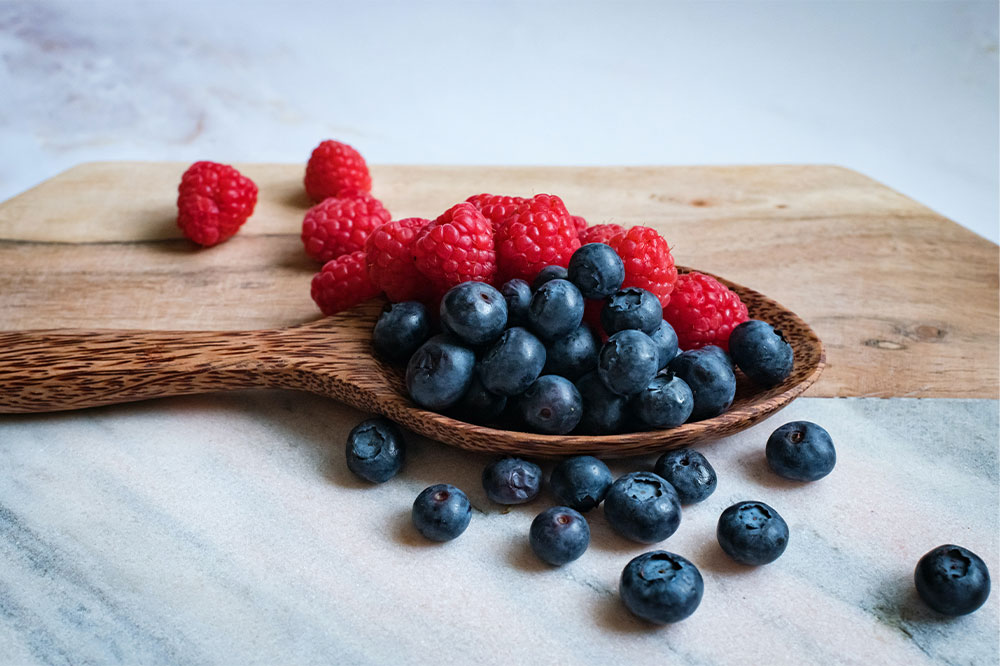Comprehensive Natural Strategies to Prevent Gout Attacks and Manage Symptoms
Discover comprehensive natural strategies to prevent gout attacks and manage symptoms effectively. From dietary modifications to herbal remedies and lifestyle tips, this in-depth guide offers proven methods to lower uric acid levels, reduce inflammation, and improve joint health naturally. Learn how to incorporate natural remedies like celery seed extract, cherry juice, fish oil, and herbs into your routine. Implement hydration practices, dietary changes, and stress management techniques to reduce flare-ups and enhance your quality of life. A holistic approach to gout management can lead to lasting relief and improved well-being.

Comprehensive Natural Strategies to Prevent Gout Attacks and Manage Symptoms
Gout is a prevalent form of inflammatory arthritis characterized by sudden, severe pain, redness, and swelling in the affected joints. It results from elevated levels of uric acid in the bloodstream, which crystallize and deposit around joints, causing intense discomfort. While pharmaceuticals are often prescribed, many individuals seek natural remedies and lifestyle adjustments to prevent and manage gout effectively. This extensive guide explores over a dozen natural strategies and lifestyle modifications that can significantly reduce the frequency and severity of gout attacks, promoting better joint health and overall well-being.
Understanding gout is crucial for effective prevention. Uric acid is a waste product formed when the body breaks down purines, substances found naturally in various foods. Normally, uric acid is expelled through urine. However, when production exceeds elimination, uric acid accumulates and forms crystals in the joints. This triggers inflammation, pain, and swelling commonly seen during gout flare-ups.
Several lifestyle factors influence uric acid levels. High purine intake, excessive alcohol consumption, dehydration, obesity, and sedentary lifestyles all contribute to increased risk. Conversely, adopting natural preventive measures and dietary modifications can help maintain healthy uric acid levels, thus reducing gout episodes.
Key Lifestyle and Dietary Modifications for Gout Prevention
Prevention begins with understanding and modifying risk factors. Reducing intake of high-purine foods such as red meats, shellfish, and organ meats is essential. Additionally, limiting alcohol, especially beer and spirits, is critical as alcohol interferes with uric acid excretion. Staying well-hydrated by drinking ample water aids in flushing uric acid. Incorporating anti-inflammatory foods like fruits, vegetables, and omega-3 fatty acids further supports joint health.
Top 8 Natural Remedies to Prevent Gout Attacks
Beyond dietary adjustments, these natural remedies have gained popularity for their ability to lower uric acid levels and alleviate gout symptoms:
Celery Seed Extract
Celery seed extract, combined with fresh celery juice, is renowned for its uric acid-lowering properties. Rich in potent antioxidants such as caffeic and ferulic acids, it helps combat inflammation, support kidney function, and maintain liver health. Regular consumption can reduce the frequency of gout attacks and improve joint mobility.
Epsom Salt Baths
Magnesium-rich Epsom salts are effective in soothing inflamed joints. Dissolve one to two cups of Epsom salt in warm bathwater and soak for at least 30 minutes. This natural remedy helps relax muscles, reduce swelling, and alleviate pain during acute gout episodes.
Black Cherry Juice and Extracts
Numerous studies have shown that dark cherry products contain anti-inflammatory compounds that reduce uric acid levels and prevent crystal formation. Drinking a glass of pure black cherry juice or supplementing with cherry extract may help shorten flare-ups and lessen their intensity.
Fish Oil Supplements
Known for high omega-3 fatty acid content, fish oil has powerful anti-inflammatory effects. Regular intake can lower uric acid concentrations and decrease the frequency of gout attacks. Incorporate fish oil capsules into your routine or consume fatty fish like salmon, mackerel, and sardines.
Hydration and Water Intake
Proper hydration is fundamental to preventing gout. Water helps dilute uric acid and promotes its elimination through urine. Aim to drink at least 8 to 12 glasses of water daily, more if you are active or live in a hot climate. Avoid sugary beverages and sodas, which may increase uric acid levels.
Baking Soda Remedy
Baking soda (sodium bicarbonate) can neutralize uric acid, providing relief during flare-ups. Mix half a teaspoon of baking soda in a glass of water and drink it three to four times daily. However, due to its sodium content, it should be used cautiously, especially by individuals with high blood pressure or kidney problems.
Ginger and Turmeric
Both ginger and turmeric possess strong anti-inflammatory properties. Incorporate fresh ginger into teas, smoothies, or meals, and use turmeric as a spice or supplement. Topical pastes or compresses made from these roots can also reduce swelling and pain associated with gout.
Vitamin C Supplementation
Studies indicate that vitamin C can lower serum uric acid levels. Consuming vitamin C-rich foods like citrus fruits, or taking supplements, can help prevent gout attacks. Ensure your intake aligns with recommended daily allowances to avoid potential side effects.
Additional Natural Strategies for Managing Gout
Besides remedies, lifestyle habits play a crucial role in gout management. Regular exercise helps maintain a healthy weight, reducing pressure on joints and decreasing uric acid production. Avoiding foods high in purines and limiting alcohol consumption are ongoing measures that can significantly impact gout prevention.
Incorporate stress-reducing practices such as yoga or meditation, as stress can trigger flare-ups. Prioritize sleep hygiene to support overall health and immune function. Alternative therapies like acupuncture may also provide relief for some individuals.
Immediate Relief Tips During Gout Attacks
When experiencing a gout flare-up, certain immediate measures can alleviate pain and swelling:
Rest the affected joint and avoid putting pressure on it.
Apply ice packs wrapped in a cloth for 15-20 minutes to reduce inflammation.
Elevate the limb to encourage swelling drainage.
Take OTC pain relievers such as NSAIDs if approved by your healthcare provider.
Prolonged management involves combining these immediate strategies with long-term lifestyle changes and natural remedies to effectively prevent future episodes.
Managing gout naturally requires an integrated approach focusing on diet, hydration, natural supplements, and healthy lifestyle choices. Consult your healthcare professional before starting any new supplement or remedy, especially if you have underlying health conditions. With consistent effort, it is possible to reduce the frequency and severity of gout attacks, leading to improved joint health and overall quality of life.





